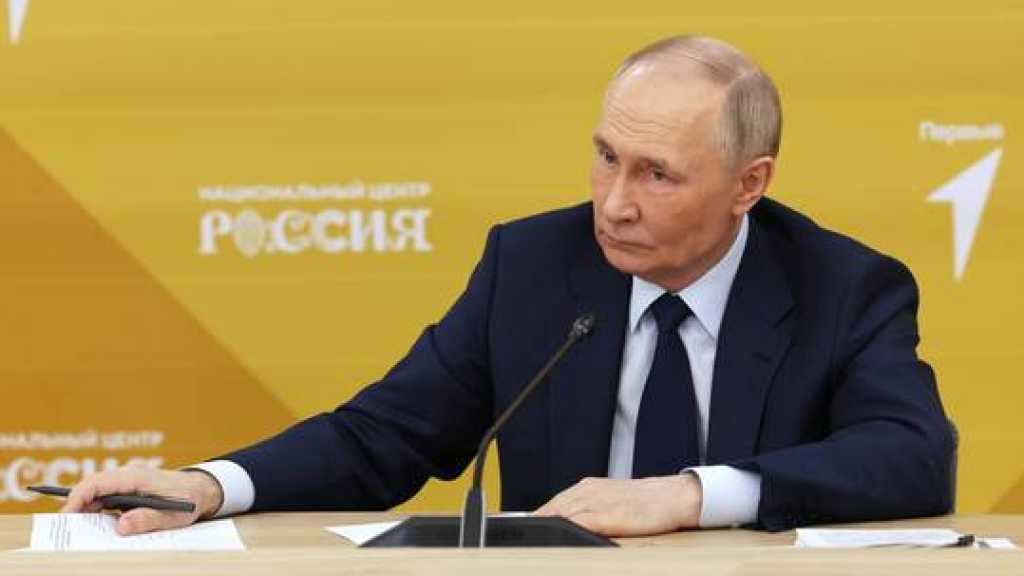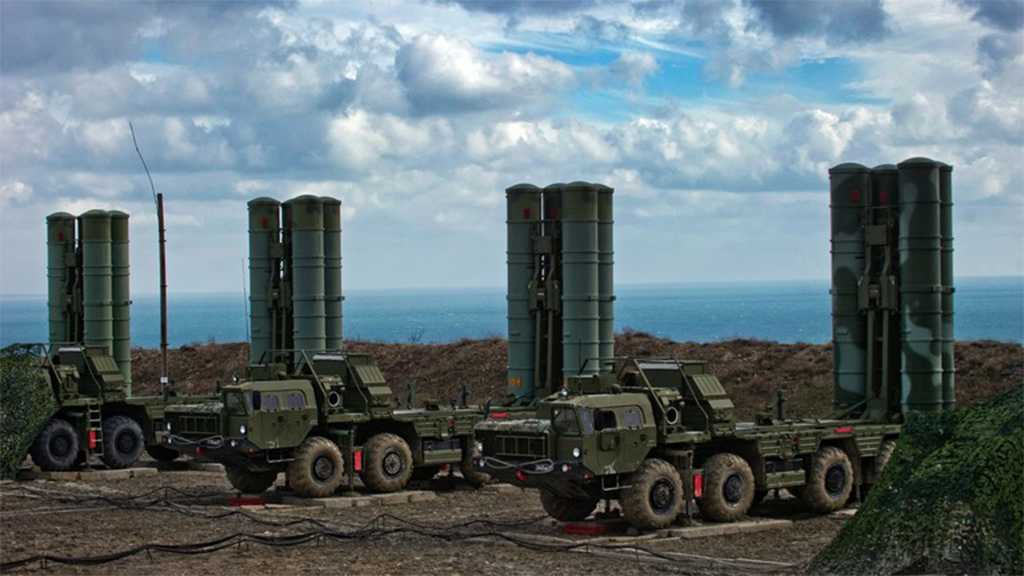
EU Restricts Investment in Russia’s Crimea
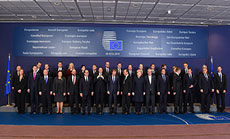
Local Editor
The European Union announced new sanctions over Ukraine on Thursday, outlawing European investment in Crimea, the Black Sea peninsula annexed by Russia in March, as leaders of the 28-nation bloc gathered in Brussels to review their strategy toward Russia.
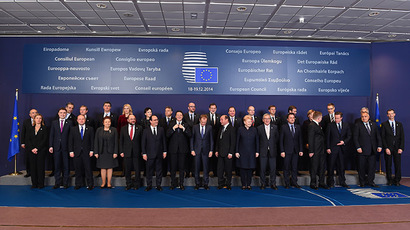
The Crimea measures, which restrict or ban investment, trade and tourism, do not strike at Russia's economy as a whole and are far more modest than a new round of American sanctions mandated by Congress in legislation expanding financial and other moves against Russia.
But they do indicate Europe's readiness to keep up economic pressure on Russia over its seizure of Crimea and support for pro-Russian separatists in eastern Ukraine.
The European Union's newly appointed foreign policy chief, Federica Mogherini, speaking in Brussels on Thursday after a visit to Ukraine, said Europe had no interest in aggravating financial turmoil in Russia, for which President Vladimir Putin blamed outside forces on Thursday.
"The fact that Russia is in a difficult situation from a financial point of view is not good news, first of all for Russian citizens, but also it is not good news for Ukraine, it is not good for Europe or for the rest of the world," Mogherini told reporters ahead of a summit meeting in Brussels of European leaders.
Putin, she said, "should reflect seriously about the need to introduce a radical change in the attitude towards the rest of the world, to shift to a cooperative mode."
Some European countries, particularly those with close economic or historical ties with Russia, like Hungary, have voiced displeasure with what they see as Europe's overly confrontational approach toward Moscow. But most countries want existing sanctions, which restrict Russia's access to European capital and technology, to remain in place, at least for the moment.
"We have to be firm on sanctions," the Swedish prime minister, Stefan Lofven, told reporters.
However, French President François Hollande said that if "Russia sends the signals we expect" and curbs its support for armed rebels in eastern Ukraine, Europe should shift to a softer approach with Moscow.
Martin Schulz, the head of the European Parliament, also sounded a conciliatory note, saying that sanctions should be lifted if Russia shows that it "is looking for a way to come back to the negotiating table without losing face."
Source: News Agencies, Edited by website team
Comments
- Related News

Putin Envoy to Visit Washington
2 months ago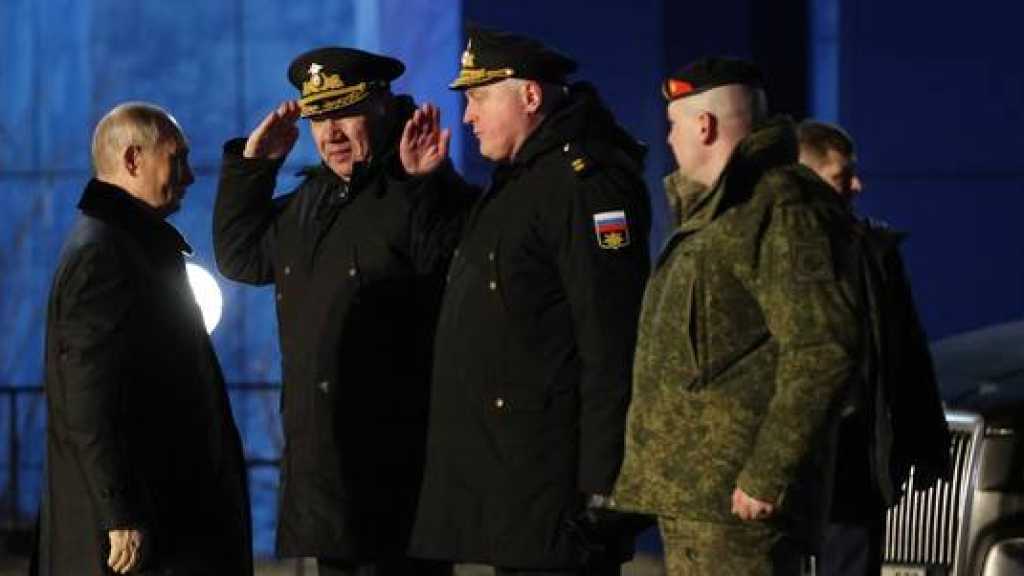
Putin: Russia to Finish Off Ukrainian Forces
3 months ago